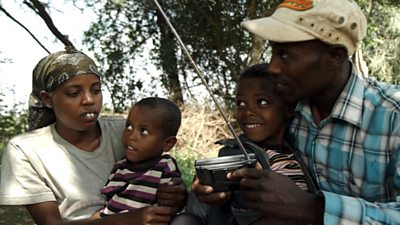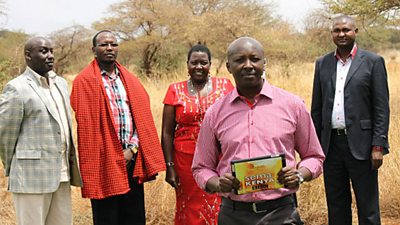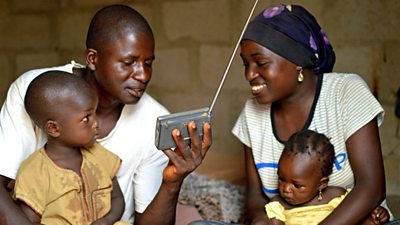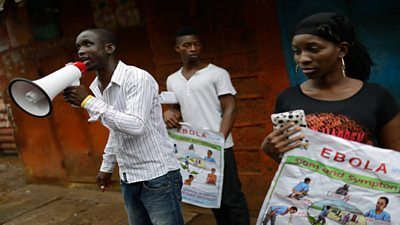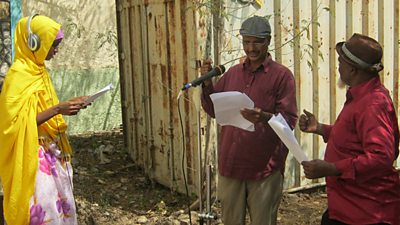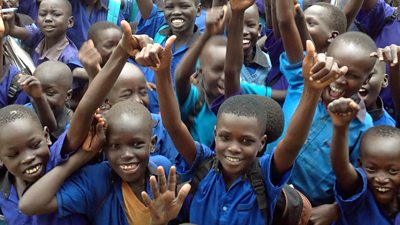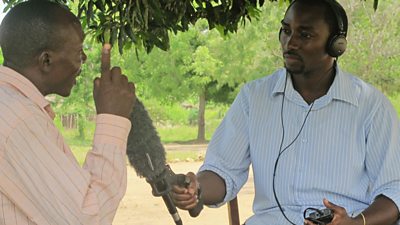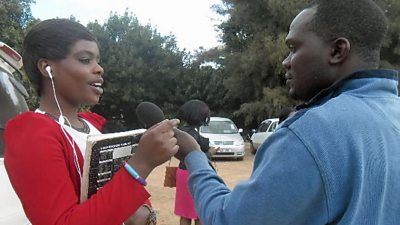The Ethiopian government lifted restrictions on overseas migration for work in 2018, aiming to protect citizens by regulating recruitment agencies and establishing requirements for age, education levels and training. But there is still a challenge to ensure that those interested in migration are aware of the risks, their rights and alternatives for earning a living.
The Ethiopia Migration Project aimed to reduce the risk and incidences of illegal and unsafe migration by addressing its root causes: the marginalisation of rural youth, peer pressure and a growing culture of migration, pressing household circumstances which may leave people feeling as if they have no choice, and gender inequality including cultural restrictions on education which make migration a more appealing option for girls.
����ý Media Action's goal was to help people considering migration to understand all their options and to make informed decisions, through media and communication providing impartial and balanced information about migration and related issues.
Our formative research included gathering quantitative and qualitative data among refugees and internally displaced people in Amhara and Tigray regions, as well as the cities of Jigjiga and Addis Ababa. We examined migration trends, profiles of people on the move, and what gaps in information exist for programmes on migration and protection. Our research showed that young people considering migration are most likely to get information from television and by word of mouth, and most likely to use Facebook as a social media platform. This helped us to design media and communication to build understanding, challenge norms and assumptions, prompt informed discussion and ultimately inspire people to reach their own conclusions and to seek alternatives to unsafe migration.
Responding to the COVID-19 pandemic
In early March 2020, we diverted our efforts to respond to the COVID-19 pandemic. ����ý Media Action produced public service announcements (PSAs) in Amharic and Tigrigna languages, which were broadcast on national and regional radio stations as well as in refugee camps and quarantine facilities, informing people of the dangers of COVID-19 and precautionary measures to take as individuals and as communities. We produced social media short films, animations and graphics in multiple languages - Afaan Oromo, Amharic and Tigrigna - and shared them through different platforms including Facebook, Twitter and Telegram. These platforms allowed us to reach larger audiences while addressing issues such as prevention, early detection of COVID-19, misinformation around the virus and movement restrictions arising as a consequence of the pandemic. In addition, we produced information leaflets and posters on COVID-19 for use in quarantine facilities and in camps in Tigray.
We also adapted our migration-focused content to take into account the impact of COVID-19 and its impact on migration journeys. In our content, we showcased Eritrean refugees and Eritreans living in Ethiopia, while examining the impact of COVID-19, opportunities, challenges in integrating into new communities and the dangers of illegal migration routes. For example, one Facebook story focused on a young Eritrean artist who changed his outlook to make a living in Addis Ababa, while another looked at how refugees have settled into their new community.
Project information
| Project name |
Addressing Unsafe and Illegal Migration through and from Ethiopia |
| Funder | (back-funded by UK ) |
| Dates | 2019-2021 |
| Themes | Governance |
| Outputs | Public service announcements and social media content, primarily focused on COVID-19 and its implications on migration |
| Partners | Save the Children, Mixed Migration Centre, Altai Consulting |
Our projects in Ethiopia
-
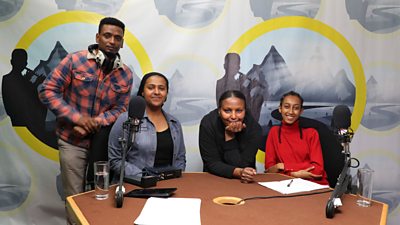
Negat: A new 'dawn' for young people in Ethiopia
Our radio and TV programme, Negat (Dawn), is challenging stereotypes and inspiring young people to seek out new opportunities. -
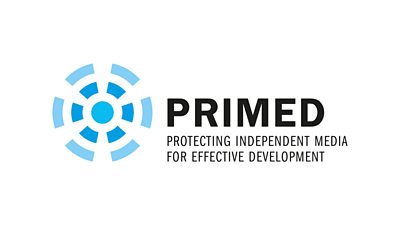
Protecting independent media for effective development
We are working with media support organisations and local partners to find out how best to support public interest media in Sierra Leone, Ethiopia and Bangladesh. -
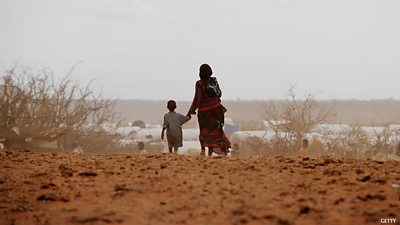
How communication can address unsafe migration through and from Ethiopia
This programme focused on providing information and forums for discussion about unsafe and illegal migration so that people could make informed decisions. -
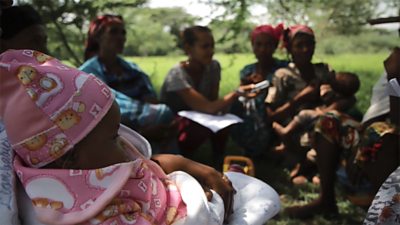
BabyWASH: Reducing childhood diarrhoea through radio
We encouraged healthier hygiene practices by mothers and fathers in Ethiopia to help protect children from often-deadly conditions such as diarrhoea through radio, community discussion and training with health workers. -
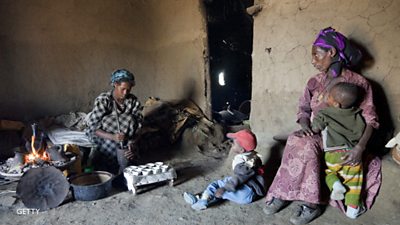
Using radio to address indoor air pollution in Ethiopia
Air We Breathe was a health-focused project in the Oromia region of Ethiopia addressing indoor air pollution through radio and public service announcements. -
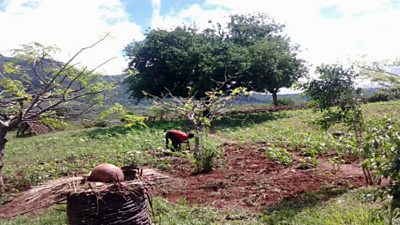
Building resilience to extreme weather through radio
Radio programmes and mobile phone services have helped improve farmers’ access to accurate weather information in Ethiopia.

